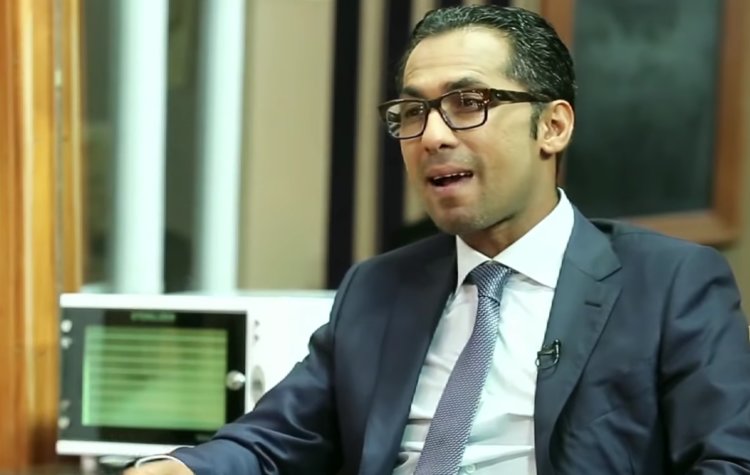Banks are in the business of making money. One of the ways through which banks make money is from interest income on loans to businesses.
The whole process or methods used by banks to ascertain the creditworthiness of a borrower is very rigorous. Whatever process the bank you may seek for a loan from is, there are some guiding principles which will help you get a loan faster.
Whether or not you are applying for a commercial loan, real estate financing, a line of credit for business working capital, some of the basic lending principles of banks still apply. They are known as the 5 C’s of lending;
1. Character
The character of a prospective borrower is the most difficult to measure out of the 5Cs, as it is intangible.
As an individual, would you lend your own money to someone you have never met? Or to someone who has had a long criminal record. I guess your answer is no.
Banks look for borrowers with good character. A background check on you should turn up no red flags that would call into question your willingness or ability to fulfill your financial obligations.
To judge the character of a prospective borrower, several traits are analyzed by a bank to assess you. Some of these traits include;
Successful prior business experience.
An existing or past relationship with the bank (e.g. prior credit or depositor relationship).
Referrals from professionals (lawyers, accountants, business advisers) who have reviewed your business proposals.
Evidence of your care and effort in the business planning process.
The amount a borrower is willing to commit to the business is also a good pointer to the character of the borrower.
Ultimately, by assessing your character, banks want to know that if things go wrong, you will be there to ensure that the company honors its commitments to the bank.
Even if you do well in the other C’s of credit, you will be refused a loan if the character test is failed.
2. Capacity
The Capacity of a borrower measures a borrower’s ability to repay a loan.
A bank needs to be certain that the borrower will be able to generate enough cash-flow from his business to service the interest and principal on the loan.
If you are a business owner, you will need to show the bank in your presentation a historical and projected cash flow of your business and compare it to the company’s projected debt service requirements.
Commonly used metrics used by banks to measure the capacity of a borrower depending on the type of loan include; working cash flow ratio and Debt to Income ratio.
If you are a salary earner, the bank will look at how long you have been at your job and how stable your job is.
3. Capital
The amount of capital a prospective business owner puts in a business shows how much equity you have in that business.
A bank will believe that if you have none or a small percentage of your money invested in the business you are seeking funds for, it will be easier for you to walk away from servicing your debt if things go bad for your business.
There is no precise measure or amount of enough capital, but it is specific to the situation and the owners’ financial profile. The bank will look at the borrowers’ investment in the business relative to his net-worth to ascertain the level of seriousness of the borrower.
4. Collateral
Sometimes things don’t work out as planned and the business may fold up. The bank will therefore need a secondary source of repayment. This is where “Collateral” comes in.
If the company is unable to generate sufficient cash flow to repay the loan in the future, the bank will fall back on the collateral provided by the borrower. In most cases, the bank will want the collateral value to exceed the loan value.
Some of the asset classes that banks are interested in as a form of collateral include; Real estate, Equipment, Accounts receivable and inventory.
5. Conditions
Conditions refer to the overall environment the bank is operating in. The bank will assess the conditions affecting the company, its industry and the macro-economy as a whole.
Some of the issues the bank will look at to gauge the business will include; Competitive landscape of the business, nature of customer relationships, supply risks and macroeconomic factors




